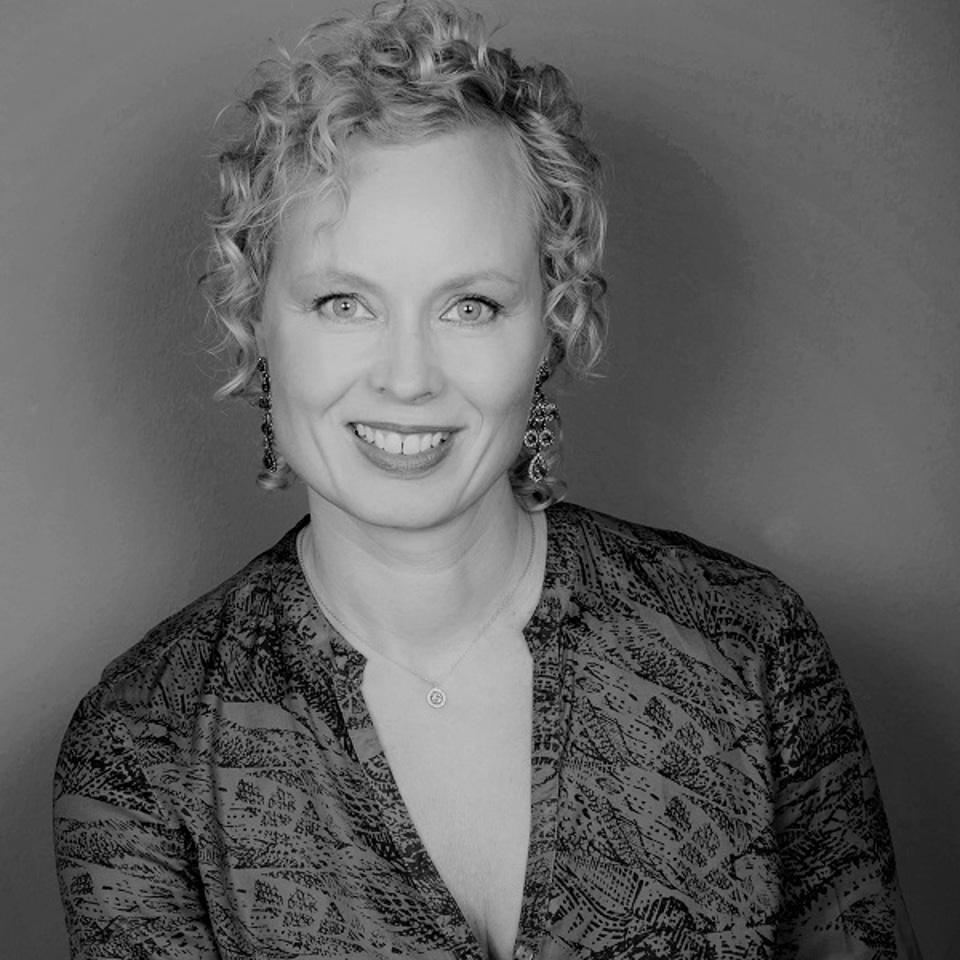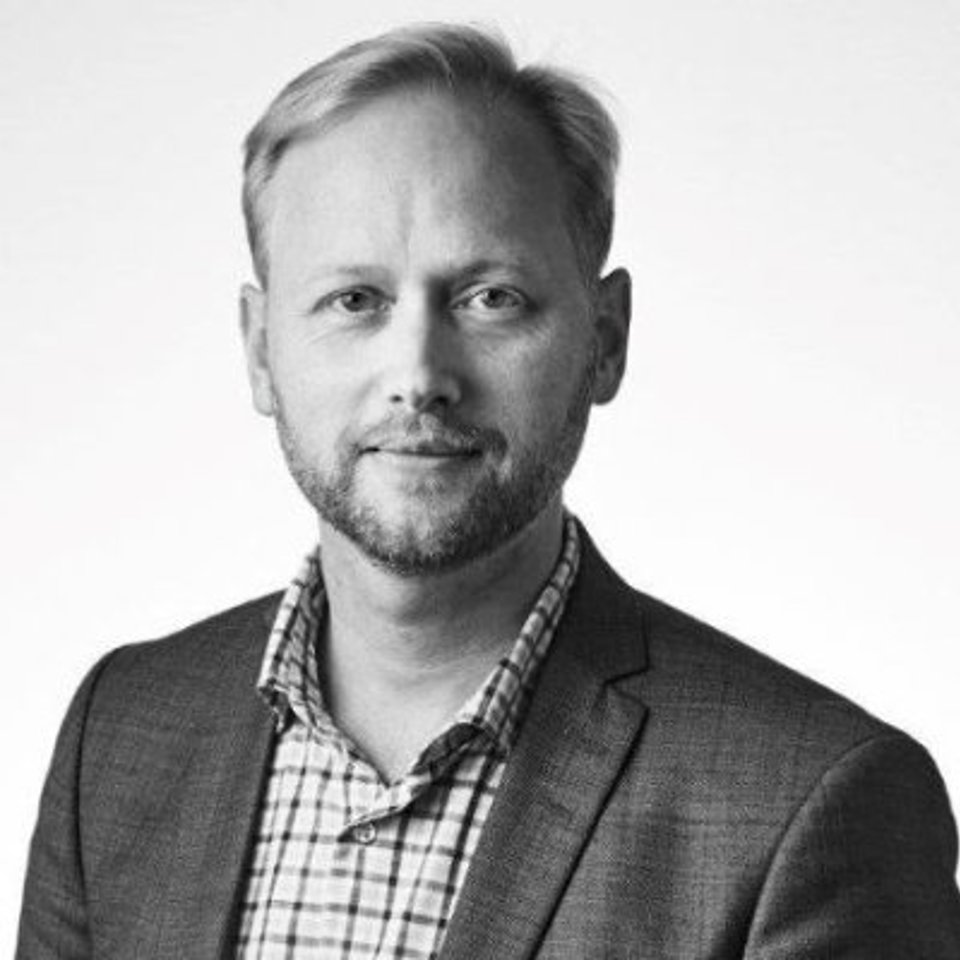Go digital

The digital transformation – an evolution or a revolution?
The transformation journey towards a more digitalized business is currently on many organisations agenda and has been for a while. Being digital has become the new normal. As an effect of pushing changes to become more effective and agile in IT as well as product development many companies are also facing an increasing need to also change organisational structures and business management overall.
For larger organisations, the trend shows an increasing need for extra-ordinary changes in organisational structures, governance and culture. Most often so called transformation programs are nothing but a stabilization and fine-tuning of current processes or functional structures with very few real structural changes. This includes buying a new software platform to replace an old legacy system or moving one function or team to another part of the organisation. If all processes and governance structures remains the same, a very small transformation or none has taken place. And – if you are not really changing anything structurally – is it fair to call it a transformation?
Re-inventing the organisation
Scrutinising lean management theories or quality management standards will give the same answer – you should focus on customer value whilst minimizing waste and over-documentation. To be able to scale up smarter, more flexible and more agile way-of-working in large organisations, it is inevitably and necessary at some point to reduce top management control and invoke self-organizing and self-driven governance structures. Why? Because at the top level it will be very hard if not impossible to keep track of and govern all parts of the organisation. Simply because they are too many and when aggregating it soon gets to “fluffy” to gain any real insights and value from. How often have you not wished as an Executive or Manager that you had fewer KPIs or more relevant KPIs to follow-up on? What is the current status and performance of your organisation?
In a truly transformed organisation the management becomes more of a supporting function that focuses on helping the rest of the organisation succeed in delivering customer value and continuously improve customer expectations.
Setting up any organisation as cross-functional tribes rather than functional silos gives a more resilient business when it comes to competence and person dependencies by creating more “general specialists”. It also raises awareness of internal customer needs and in turn improves the expected outcome and customer experience. However, in an industry where one large part of the business is still in a stable production (legacy) mode – an agile, scrum based, organisation might not be relevant for that specific part of the business – you might need two different models running along-side, bi modal. Old news, but still very relevant.
It boils down to be assertive and aware. Make your organisation fit your customers’ needs. It is about creating a digital leadership, or better put, leadership in a digital world. There needs to be leaders in the organisation committed to get digital, to manage rapid change and to master the unpredictability. The leaders will rather give directions, mentorship, help establish change and removing obstacles for the work and projects. Top down, down up – all the way.
The consumer experience
End consumers, even if they do not really know it, are affected by the inner efficiency and way-of-working of the organisation delivering a product or a service. Efficiency depends on people skills and understanding, as well as connectivity and efficiency of the systems, as well as the accuracy of the data. Digitalization is about capitalizing on efficiency gains within the company to increase value for end consumers.
The agile continuum
While agile is not the silver bullet in any way, agile thinking has the potential to help transform and nurture a new breed of digitalized companies – given they are applied in a smart way. The big breakthrough for agile thinking has so far been within software product development, and lately also traditional product development. However, in larger organisations it has often been adopted and used for very limited parts of the business. Due to the many different approaches and frameworks available for different areas, scaling of an agile culture is a challenge and few have succeeded. Who said it was going to be simple? Why not try some of the approaches in operational development projects, organisational setups and in the rest of the company? What would a more agile finance or purchasing function or process look like?
Everything is connected
A common statement today following the Internet of Things, but also relevant for business and organisational modelling concepts – everything is indeed connected. What is achieved in purchasing, design or administration will of course influence end consumer’s experience. How often do we really consider that fact and change ways-of-working based on those insights?
Are you ready to take the digital transformation bull by the horns, let the journey unfold?
How to
At Kvadrat we can offer a guidance through the challenges ahead and help setup a plan. With a framework called “GooDigital” we provide a methodology for tackling the challenges ahead and help setup a plan for change and execute. We have consultants with ADKAR change management methodology certificates and experience, who can lead and assist transformation programs and projects and help assess and realize the digital journey.
About us
We are currently working for different clients with business management system initiatives, transformation programs and cloud strategies. We can act as your Digital Transformation Enablers, feel free to connect on LinkedIn and let’s GooDigital together!

Katerina Sjölander, Transformation Delivery Executive
Katerina Sjölander arbetar som Interimschef, Transformation Delivery Executive och Senior programledare. Hon har hög kompetens, är engagerad och har en uthållighet som krävs för att lyckas i sina åtaganden. Hon undervisar även på Chalmers Tekniska Högskola och brinner för att få fler kvinnor till IT-yrket och verkar som mentor för unga kvinnliga chefer i IT-sektorn.

Malin Wiger, Cloud Delivery Executive
Med över 15 års erfarenhet av globalt arbete, har Malin Wiger – Cloud Delivery Executive – arbetat med allt från att förbereda infrastruktur, förvaltning, samverkansmodeller, organisationer, människor och processer, till affärsmodeller inför övergången till molntjänster och digitala plattformar. Malins specialområden är att styra och leda grupper och organisationer som till exempel vill bedöma, prioritera och skapa strategier och bygga planer i övergången från traditionell infrastruktur till molnet.

Magnus Collin, Digital Transformation Advisor
Magnus Collin är en erfaren konsult med bred kompetens inom Product Lifecycle Management och Enterprise Management Systems samt program- och projektledning. Med ledaregenskaper och en gedigen förståelse för digitaliseringsprocessen bygger han broar mellan mellan IT och verksamheten.
